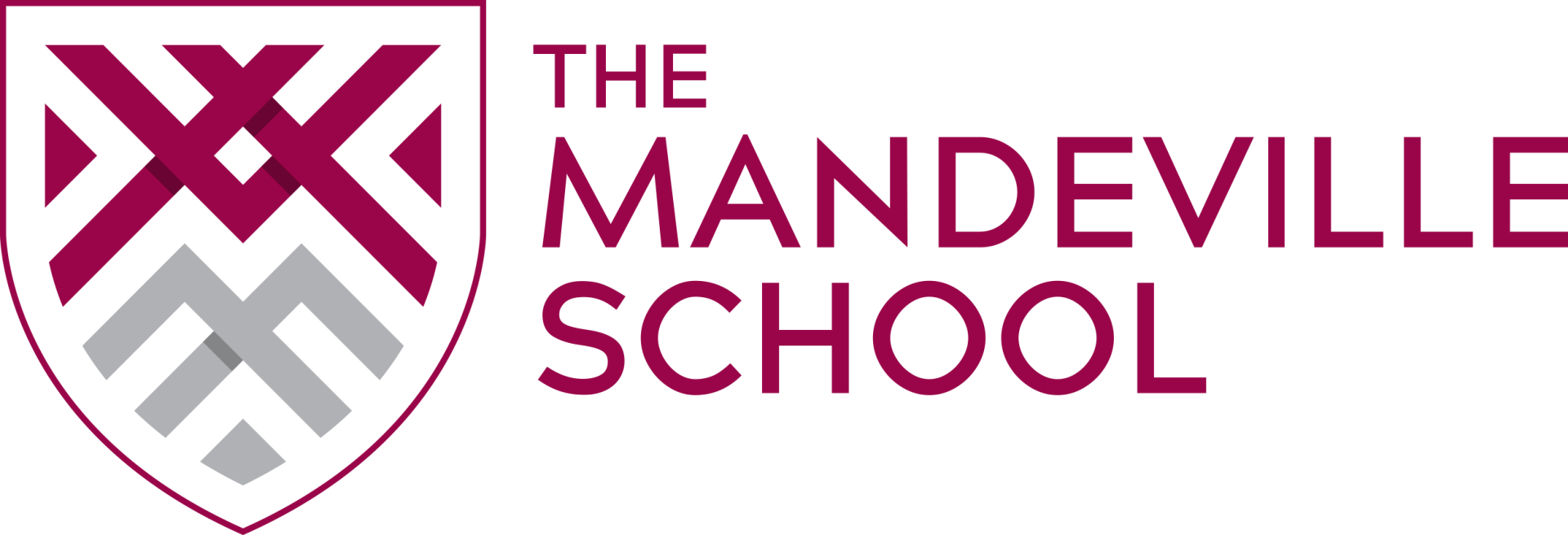Music
Intent and Rationale
The Mandeville School Music Department believes that ‘Music is for Everyone’. Our curriculum has been uniquely designed to not only develop students’ musical skill set but to nurture a love of global music and the arts that transcends beyond their time in the classroom. The students work together to explore a breadth of musical genres to develop their cultural capital allowing for a wider appreciation of the world around them.
Throughout the practice required to achieve on an instrument, students learn how to persevere in challenging situations and be responsible for themselves when working solo and as an ensemble. They learn how to respond, be empathetic and encouraging when listening to each other perform. Through performance, students build confidence in themselves and in their own musical ability whether this be instrumental or reading ability. For many students, it can provide them with a sense of calm and act as a therapeutic experience which they can take with them into their home life and beyond. Music isn’t just about being able to play an instrument or compose a piece of music but all the personal skills that come as a result of this experience and the awareness and appreciation of the many cultures within our society and beyond.
Curriculum Intent
KS3
To give the students the skills and knowledge to appreciate a wide range of musical styles and to acquire the technical tools and confidence to facilitate creativity. We aim to enable the students to develop their passion and interest in music through developing skills in listening with understanding, performing and composing. We also aim to create opportunities for students to enjoy live music, and to participate in a broad co-curricular performing arts programme.
KS4
Our aim, at KS4, is to develop and embed the skills acquired through study at KS3, and to help students improve their musicianship. We aim to enable students to have the confidence and authority to make necessary connections between the three components of the GCSE programme, (performing, composing and listening) so that they receive a holistic understanding and appreciation of music, and achieve the best possible outcomes in coursework and the exam.







